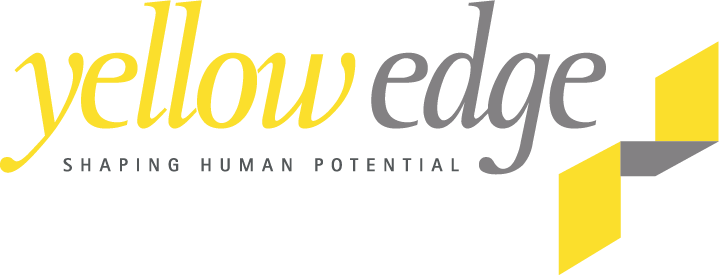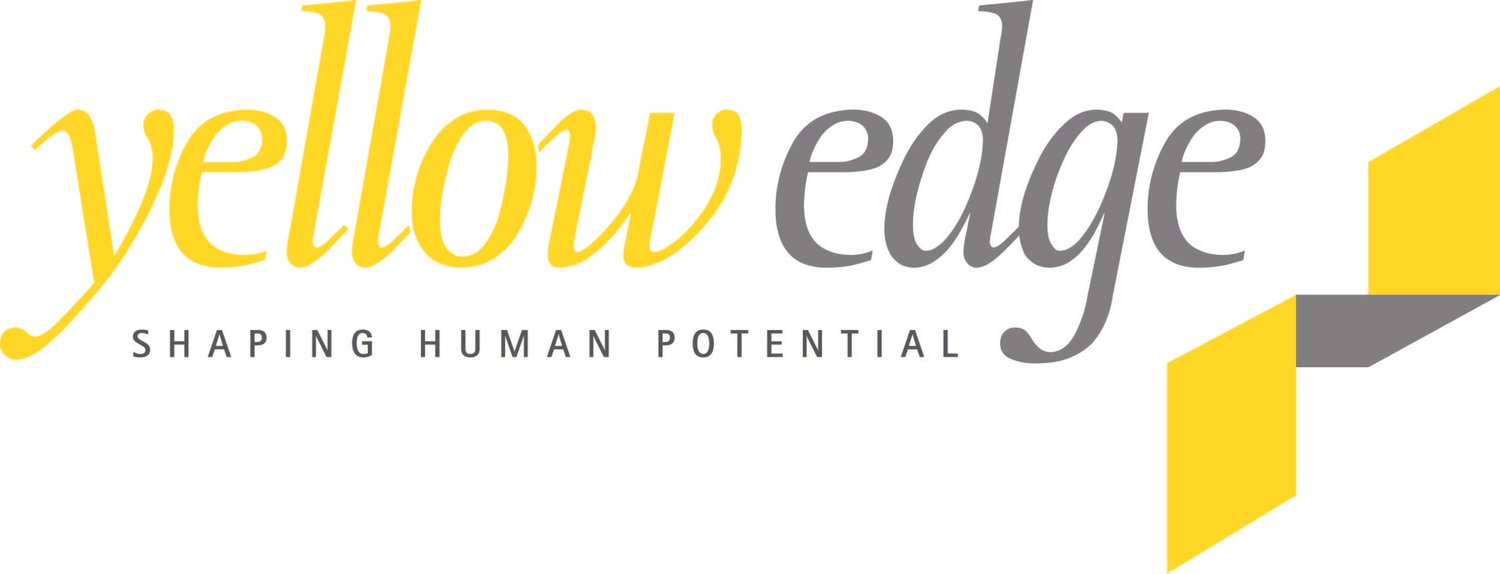57. Reflections on Leadership from COP26 Glasgow
by Andrew Simon
COP 26 , October/November 2021 London, https://ukcop26.org/ where political, corporate, community and activist leaders of the world gathered (some with great reluctance) to confront themselves and each other in the face of global Climate Change, was an opportunity to observe, albeit from a afar, leadership in action.
1. Just because we occupy positions of authority doesn’t mean we are actually leaders.
There were many prime ministers, presidents and CEOs at COP26. All of them held the authority of their respective roles to act, yet many appeared to be reluctant to use their authority to lead. While they be related concepts, authority and leadership are quite different. Leaders use, renew and leverage positions of authority for the common good. On the other hand, non-leaders in roles of authority show themselves to be risk adverse. They work to calcify their own authority by following the sentiments of their power base and use whatever authority they have for their own self-preservation.
2. There has to be a point to leading
If someone in a position of authority cannot articulate the point of their leadership, then what is exactly the point? Why are they there? People in authority must be prepared to answer the question: “why should anyone be led by you?” If they can’t do so compellingly, then they should not be in positions of authority.
3. Leadership is a struggle
Bringing people along, making a compelling case, influencing, building consensus, wrestling with complex problems, persuading, enduring, listening, sacrifice and accepting the costs even in the face of overwhelming odds are all part of the strenuous effort that leaders put into their work. To borrow and rephrase a popular Chinese saying, “Leadership is not a dinner party”.
4. Leaders recognise that their work is interconnected
Leaders recognise their place in a bigger collection of local, national, international and global systems and act with consciousness of the impact on the whole by the few and on the few by the whole. In organisations, we call such leaders enterprise leaders. On a larger scale, we call such leaders global leaders.
5. Leaders know the difference between courage and stubbornness
Courageous leaders step up to vulnerability and go beyond their egos and worldviews. Stubborn ones deny their own vulnerability and cling onto their egos and their worldviews since they have nothing else to offer.
6. Leaders bring hope
The peoples of the Pacific Islands and people like David Attenborough and Jane Goodall have perhaps more reason that most of us to be despondent about the state of our planet’s wellbeing. Pacific islanders have current, actual living experience of climate change and Attenborough and Goodall have witnessed firsthand the degradation of habitat and the environment over decades of work in the field. Yet they are still hopeful, and they bring us hope. Pacific islander leaders show remarkable determination as “fighters not victims”. Jane Goodall is 87 years old, and David Attenborough is 95. Both continue to do the hard work required of hope and optimism, for a better, healthier planet.
“What world leaders offer their people today are government and politics, but what they do for the people of tomorrow, that is statesmanship."
Elizabeth II
by Andrew Simon, Co-Founder and Chief Executive, Yellow Edge.
Yellow Edge is a local, privately owned Canberra based consulting company focused on helping individuals, teams and organisations to achieve high performance. Yellow Edge is a certified BCorp. BCorp companies make decisions that make a positive impact on their employees, customers, suppliers, community, and the environment. https://www.bcorporation.com.au/
Cover photo of COP26 logo by Johnson Banks.


